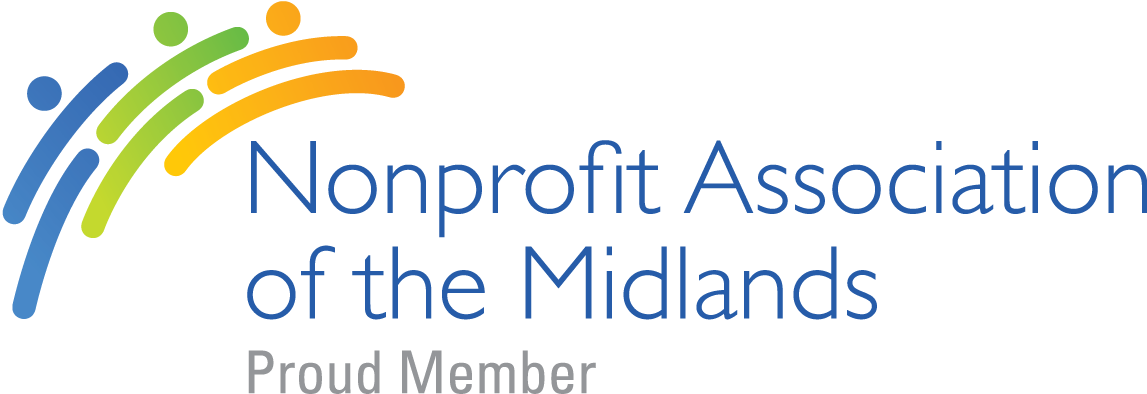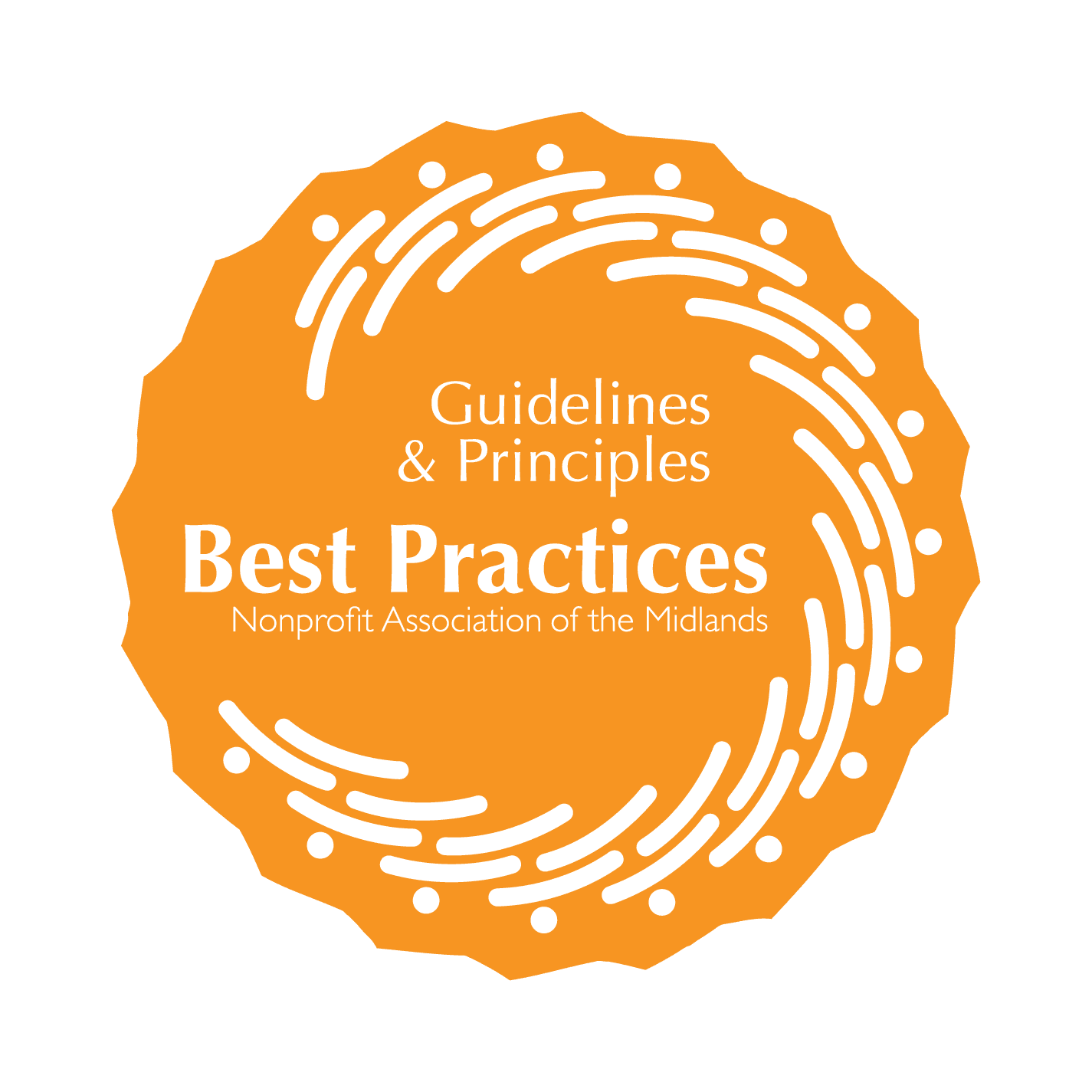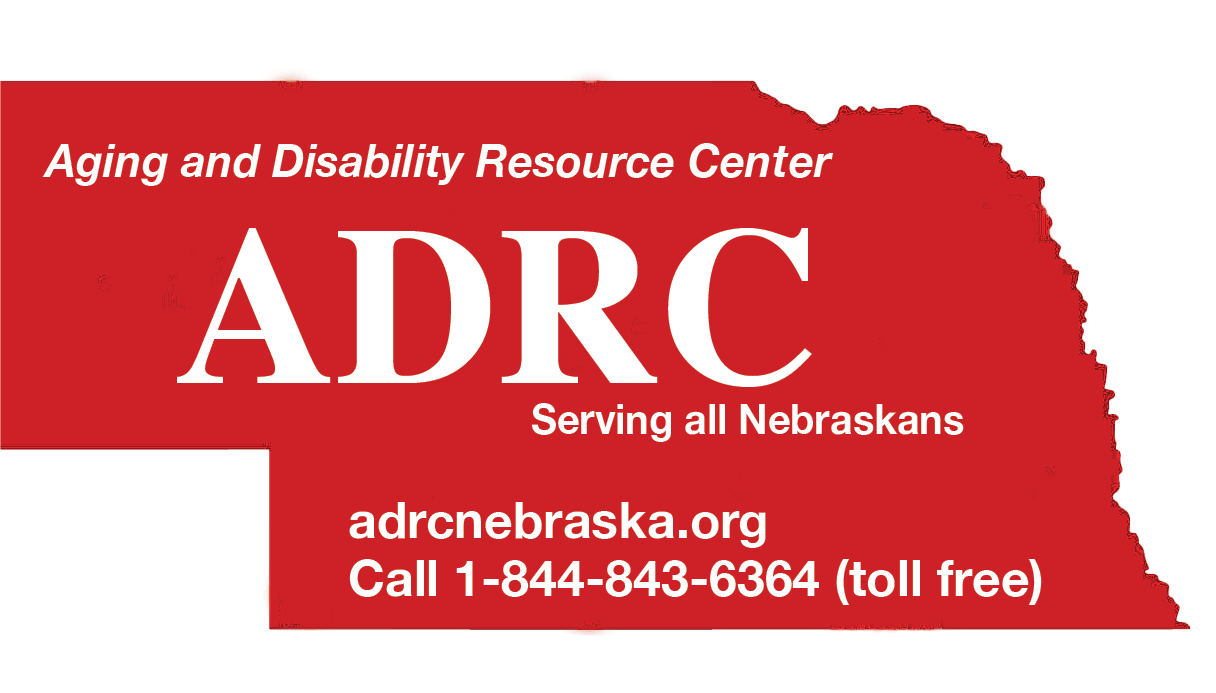A history of brain injury can result in impairments in physical, emotional, and/or cognitive functioning.
Individuals living with brain injury often experience difficulties such as:
- Problems reading social cues or regulating emotion and behavior appear intolerant or belligerent.
- Difficulties organizing or initiating daily activities due to impaired executive functioning is misinterpreted as a lack of motivation or laziness.
- Failing to remember instructions or rules are misinterpreted as noncompliance.
Often these individuals lack insight into their disability and fail to ask for or accept the help they need. Many end up dropping out of school and/or face unemployment, homelessness, and incarceration. This is often due to a lack of rehabilitation, interventions, crisis management, and community alternatives. They have higher rates of depression, anxiety, and substance abuse. People living with brain injuries are at higher risk of completed suicide and are overrepresented among the incarcerated, the homeless, and victims of intimate partner violence.
Providers evaluate individuals at high risk of brain injury every day in clinics and hospitals. This three-part series provides an opportunity to gain a greater understanding of the identification and management of brain injury.
Intended Audience: Primary Care Physicians, Nurse Practitioners, Physician Assistants, First Responders, Nurses, Medical Assistants, Care Managers/Social Workers, Athletic Trainers
Presentation One: The Identification, Asking About The Undetected
Recorded: Tuesday, September 7, 2021, from 7:00 pm to 8:00 pm (Central)
Presenters:
- Peggy Reisher, MSW, Executive Director of the Brain Injury Alliance of Nebraska
- Dr. Michelle Walsh, Pediatrics P.C.
Learning Objectives:
- Attendees will state the prevalence of those at highest risk for brain injury-related impairments.
- Attendees will be able to identify three signs that an individual may have a history of brain injury.
- Attendees will describe the best practices for the management of brain injury following the clinic and hospital visit.
The link to the Zoom recording and the presentation materials FOR SESSION 1 can be found here:
-
Please excuse the technical difficulties at the beginning of the recording.
Presentation Two: The Referral, Post Concussive Syndrome
Recorded: September 28, 2021, from 7:00 pm to 8:00 pm (Central)
Presenters:
- Dr. Daniel Tomes, The Nebraska Neurosurgery Group
- Dr. Kody Moffatt, Children’s Hospital and Medical Center
Learning Objectives:
- Attendees will state the most common signs and symptoms of Post Concussive Syndrome.
- Attendees will become familiar with the appropriate referral options in the management of Post Concussive Syndrome.
The link to the Zoom recording and the presentation materials FOR PRESENTATION 2 can be found here:
Presentation Three: Rehabilitation, Evaluation, and Treatment
Recorded: October 19, 2021, from 7:00 pm to 8:00 pm (Central)
Presenters:
- Dr. Adam Kafka, Madonna Rehabilitation Hospitals
- Dr. Samatha Bohl, Madonna Rehabilitation Hospitals
Learning Objectives:
- Attendees will describe when it is appropriate to make a referral for a comprehensive treatment team referral.
- Attendees will state the symptoms indicating a need to make a referral for vision rehabilitation.
The link to the Zoom recording and the presentation materials FOR PRESENTATION 3 can be found here:
Our Associations & Memberships
-
 Nonprofit Association of the Midlands
Nonprofit Association of the Midlands -
 NAM Best Practices Partner
NAM Best Practices Partner








